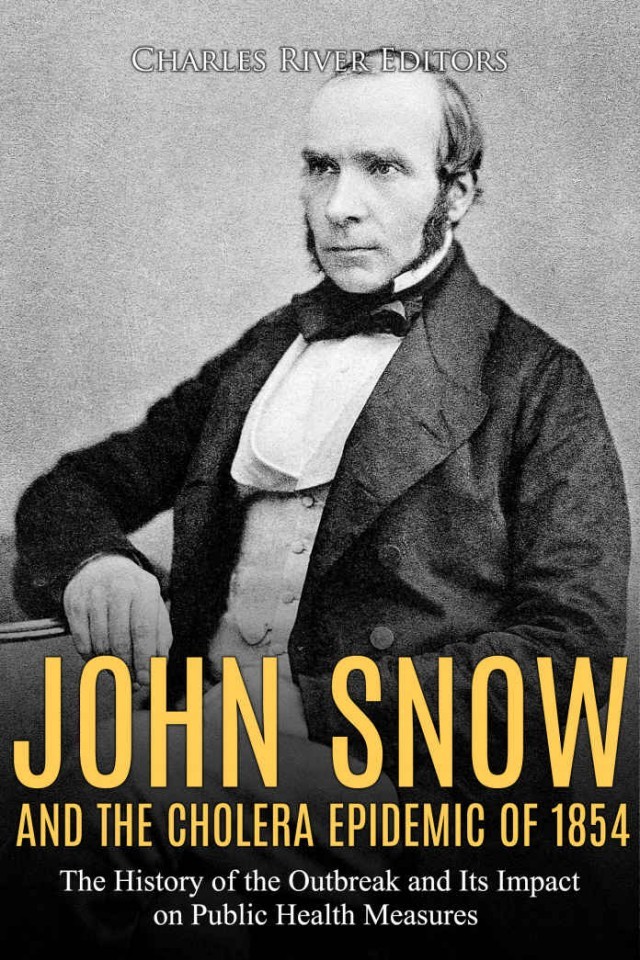

Most ebook files are in PDF format, so you can easily read them using various software such as Foxit Reader or directly on the Google Chrome browser.
Some ebook files are released by publishers in other formats such as .awz, .mobi, .epub, .fb2, etc. You may need to install specific software to read these formats on mobile/PC, such as Calibre.
Please read the tutorial at this link: https://ebookbell.com/faq
We offer FREE conversion to the popular formats you request; however, this may take some time. Therefore, right after payment, please email us, and we will try to provide the service as quickly as possible.
For some exceptional file formats or broken links (if any), please refrain from opening any disputes. Instead, email us first, and we will try to assist within a maximum of 6 hours.
EbookBell Team

4.7
96 reviewsPlague and pestilence have both fascinated and terrified humanity from the very beginning. Societies and individuals have struggled to make sense of them, and more importantly, they’ve often struggled to avoid them.
Before the scientific age, people had no knowledge of the microbiological agents - unseen bacteria and viruses - which afflicted them, and thus, the maladies were often ascribed to wrathful supernatural forces. Even when advances in knowledge posited natural causes for epidemics and pandemics, medicine struggled to deal with them, and for hundreds of years, religion continued to work hand-in-hand with medicine.
Inevitably, that meant physicians tried a variety of practices to cure the sick, and many of them seem quite odd by modern standards. By the time Rome was on the rise, physicians understood that contagions arose and spread, but according to Galen, Hippocrates, and other Greco-Roman authorities, pestilence was caused by miasma - foul air produced by the decomposition of organic matter.
Though modern scientists have since been able to disprove this, on the face of it, there was some logic to the idea. Physicians and philosophers (they were very often the same, Galen being an example) noticed that disease arose in areas of poor sanitation, where filth and rotting matter was prevalent and not disposed of, and the basic measures to prevent disease was obvious to them.
In the case of cholera, once among the most dreaded diseases, a breakthrough in Victorian England occurred in the mid-19th century during one of several epidemics to assault the island. In that instance, an unassuming physician named John Snow was able to trace the environmental component in which cholera was carried. He accomplished this in large part through a painstaking map cross-referencing location and specific cases of infection within a small area of London. Eventually, he narrowed the source down to a single manual water pump in the midst of the poverty-stricken neighborhood of Soho.
An extensive early education provided by the first outbreak sent him on a contrarian’s path in analyzing the dreaded disease. He was not blessed with the pedigree of an aristocratic family or the attendant gifts required for a young man of social substance to seek a high-level formal education. Nevertheless, he rose to be recognized not only as the world’s leading anesthetist, but also as the practitioner who proved that the cholera outbreaks in Britain were the result of polluted water. Today, he is addressed as the “Father of Epidemiology”, defined by Webster as a “medical science that deals with the incidence, distribution, and control of disease in a population".
At the time, however, in the face of resistance launched by more powerful and pedigreed members of the medical profession, Snow was rewarded with criticism for not successfully revealing the entirety of the disease’s inner mechanics. It was only over the course of several decades that Snow was able to persuade the medical community at large of the disease’s source, and the British successfully established policies that helped prevent future outbreaks.
Ironically, Snow eventually gained membership in Britain’s high circle of elite medical practitioners, but it was not his work on cholera that initially propelled him to global fame. Ultimately, it was his pioneering work in the new field of anesthesiology, largely unknown to Britain, that earned the applause of contemporaries.